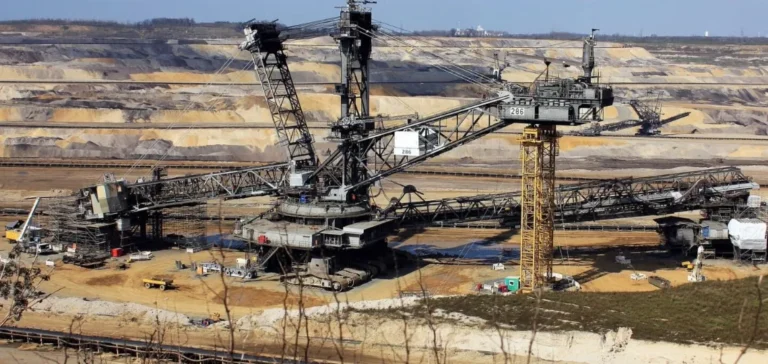Operators of civilian nuclear power reactors in the United States purchased a total of 55.9 million pounds of uranium (U3O8e) in 2024, an 8% increase compared to the 51.6 million pounds purchased the previous year. The weighted-average price reached $52.71 per pound, up 20% from the average price of $43.80 recorded in 2023, marking the highest level since 2012.
Canada, Kazakhstan and Australia lead in delivery origin
The majority of uranium delivered in 2024 was of foreign origin. Canada accounted for 36% of the total, followed by Kazakhstan with 24% and Australia with 17%. The remainder came from Uzbekistan (9%), Namibia and Russia (4% each). U.S.-origin deliveries rose to 8%, up from 5% in 2023.
U.S. operators contracted with 35 different sellers for three types of uranium materials. Approximately 9% of the volumes were acquired through spot contracts at an average price of $54.09 per pound, while 91% were secured under long-term agreements at an average price of $50.97 per pound. Spot contracts involve a one-time delivery typically made within a year of signing, whereas long-term contracts span multiple years.
Long-term contracting secures future supply
In 2024, 21 new contracts were signed for immediate deliveries totalling 3 million pounds at an average price of $86.20 per pound. By year-end, maximum uranium deliveries under existing contracts through 2034 totalled 234 million pounds. At the same time, unfilled market requirements for the period stood at 184 million pounds, bringing potential total demand to 418 million pounds over the next decade.
Operators also delivered 42 million pounds of natural uranium feed to enrichers, with 28% going to U.S. suppliers. The remainder was shipped to foreign service providers. In terms of enrichment services, 15 million separative work units (SWU) were purchased from eight sellers at an average price of $97.66 per unit, down 9% from the previous year.
U.S. inventories rise, foreign sales fall
The amount of uranium embedded in fuel assemblies loaded into civilian nuclear reactors in 2024 reached 50.6 million pounds, a 10% increase year-on-year. Meanwhile, foreign purchases by U.S. suppliers and operators totalled 36 million pounds at an average price of $57.99 per pound. Export sales amounted to 2 million pounds at an average price of $78.22.
Total U.S. commercial uranium inventories stood at 167 million pounds at the end of 2024, a 6% increase over the previous year. Of this total, 126 million pounds were held by civilian operators, up 11%. Inventories held by U.S. suppliers declined by 5% to 41 million pounds.






















